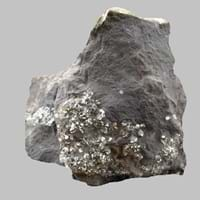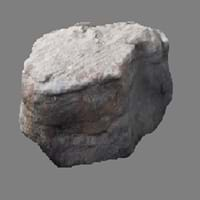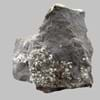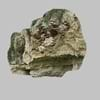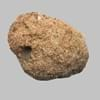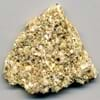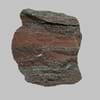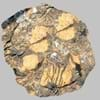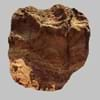Formation
An argillite is a fine-grained sedimentary rock mainly composed of clay particles which forms from lithified muds which contain variable amounts of silt-sized particles.
Gritstone is a type of sedimentary rock which was formed on the floors of wide river deltas where the grit deposits were laid down, with every tide or flood dumping another layer of sediment.
Mineral Content
Biotite, Chlorite, Feldspar, Micas, Muscovite or Illite, Plagioclase, Pyrite, Quartz
Calcite, Clay Minerals, Feldspar, Micas, Quartz
Compound Content
Iron(III) Oxide, Potassium Oxide, MgO, Silicon Dioxide
Aluminium Oxide, CaO, Iron(III) Oxide, Potassium Oxide, MgO, Sodium Oxide, Silicon Dioxide
Types of Metamorphism
Not Applicable
Not Applicable
Types of Weathering
Biological Weathering
Biological Weathering, Chemical Weathering, Mechanical Weathering
Types of Erosion
Chemical Erosion
Chemical Erosion, Coastal Erosion
Argillite and Gritstone Formation
Formation of rocks is a long process and hence, Argillite and Gritstone formation sounds very interesting. According to the formation, all rocks are divided into :Igneous Rocks, Fossil Rocks and Metamorphic Rocks. Igneous rocks form by crystallization of magma or lava. The magma is made up of various components of pre-existing rocks which have been subjected to melting either at subduction zones or within the Earth's mantle. Igneous rocks are generally seen at mid ocean ridges or in intra-plate hotspots. Sedimentary rocks are formed when sediments accumulate gradually. As the sediments are buried they get compacted as more and more material is deposited on top. Eventually the sediments become so dense that they form a rock. Metamorphic rocks are rocks which once existed as igneous or sedimentary rocks but have been subjected to varying degrees of pressure and heat within the Earth's crust. Get to know all about formation of Argillite and Gritstone, composition of Argillite and Gritstone and their transformation.
